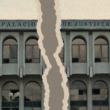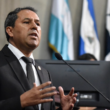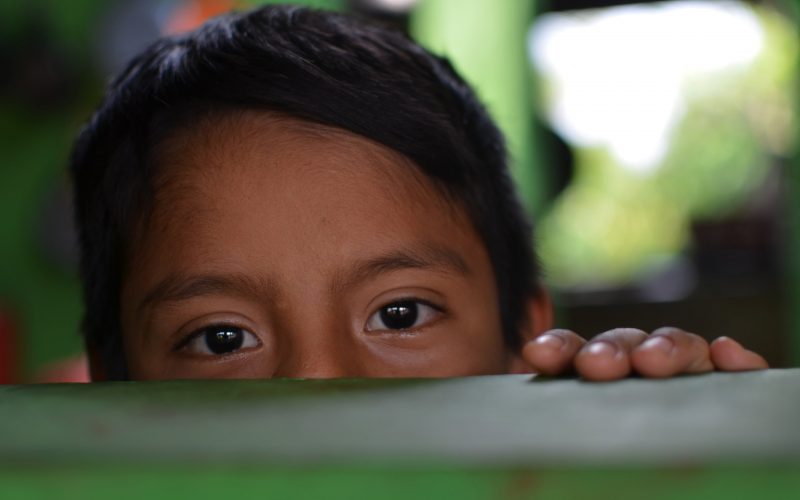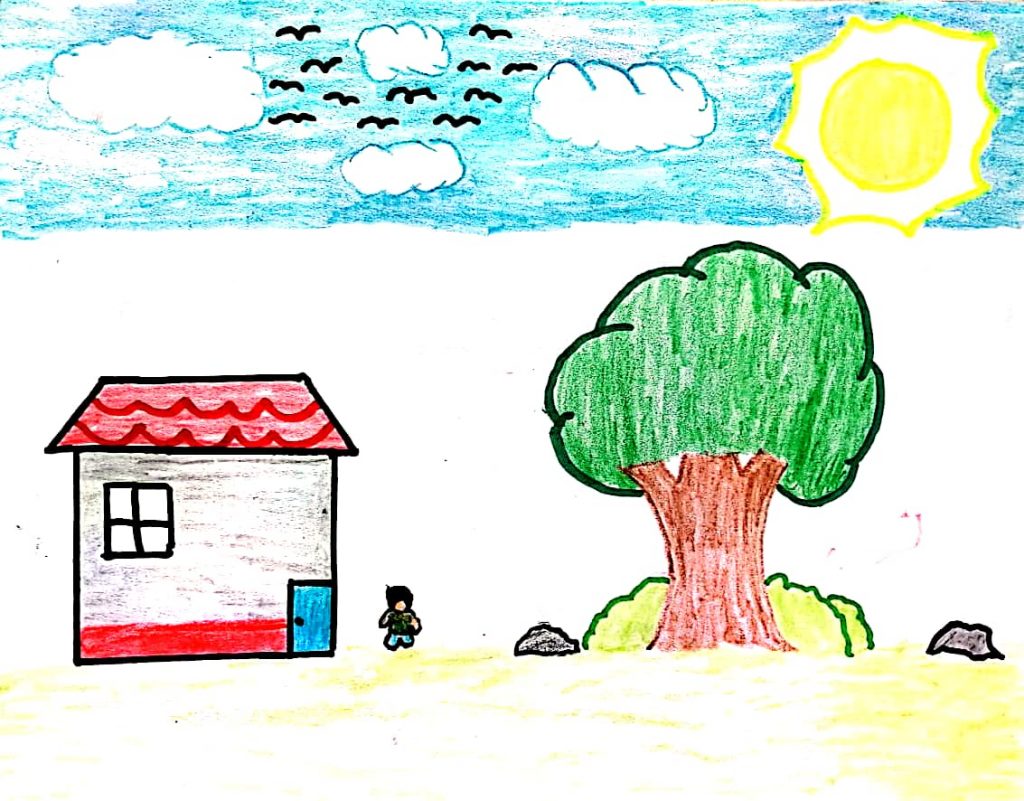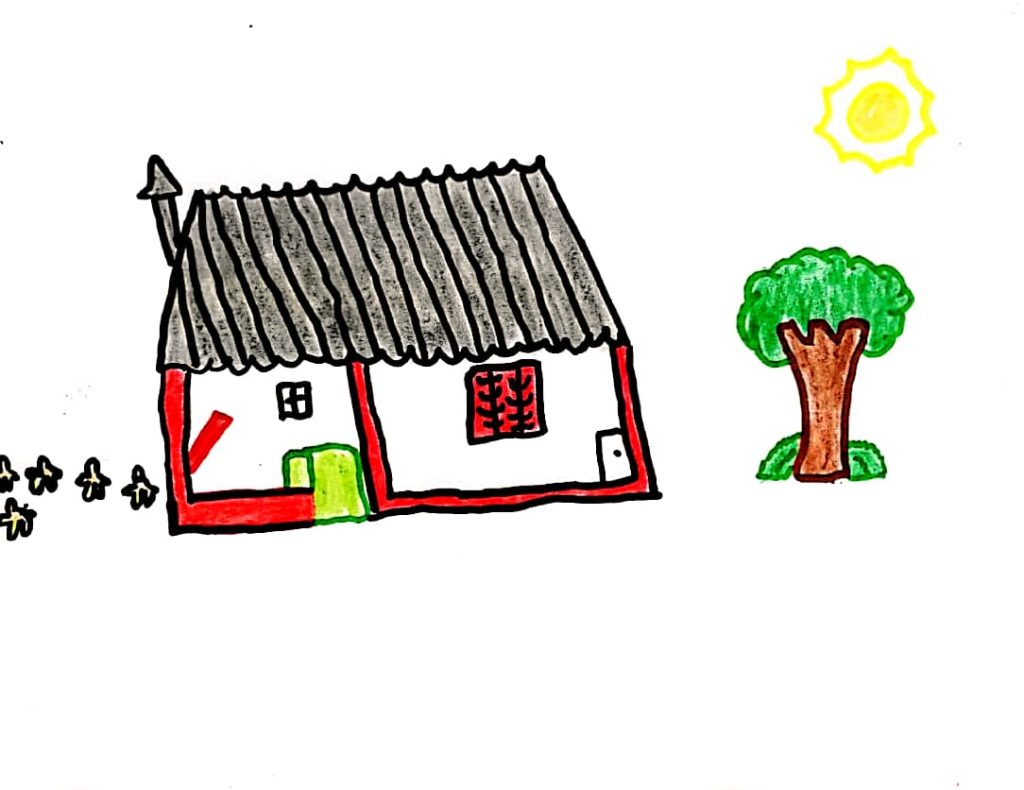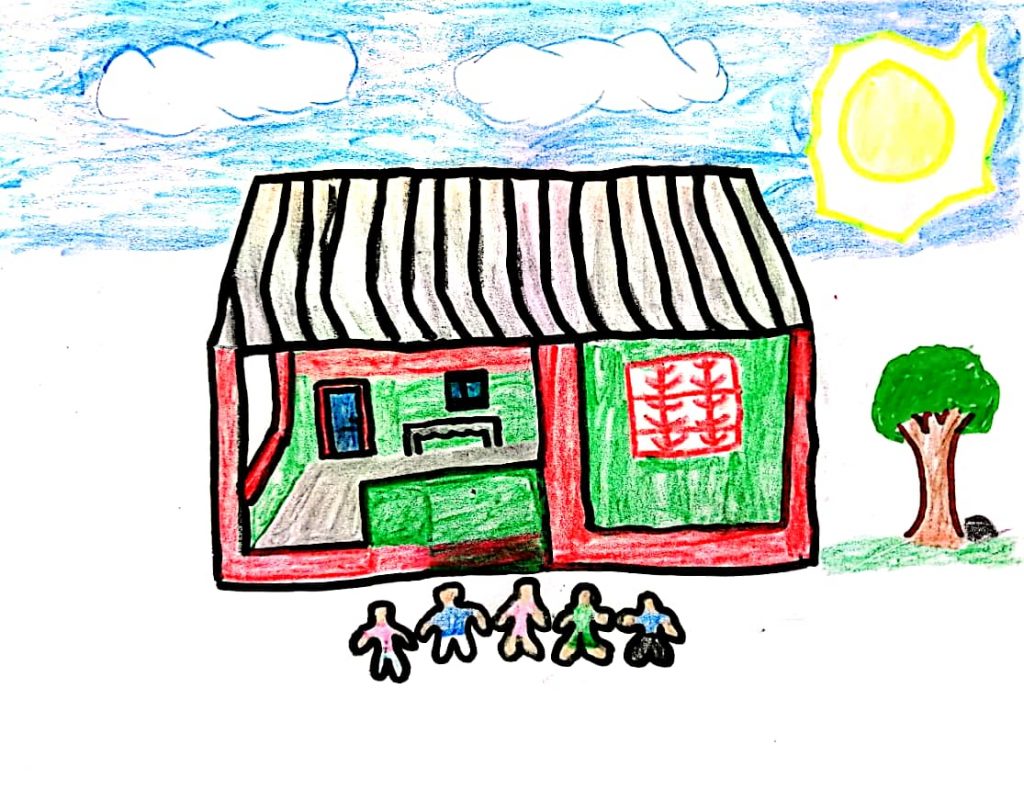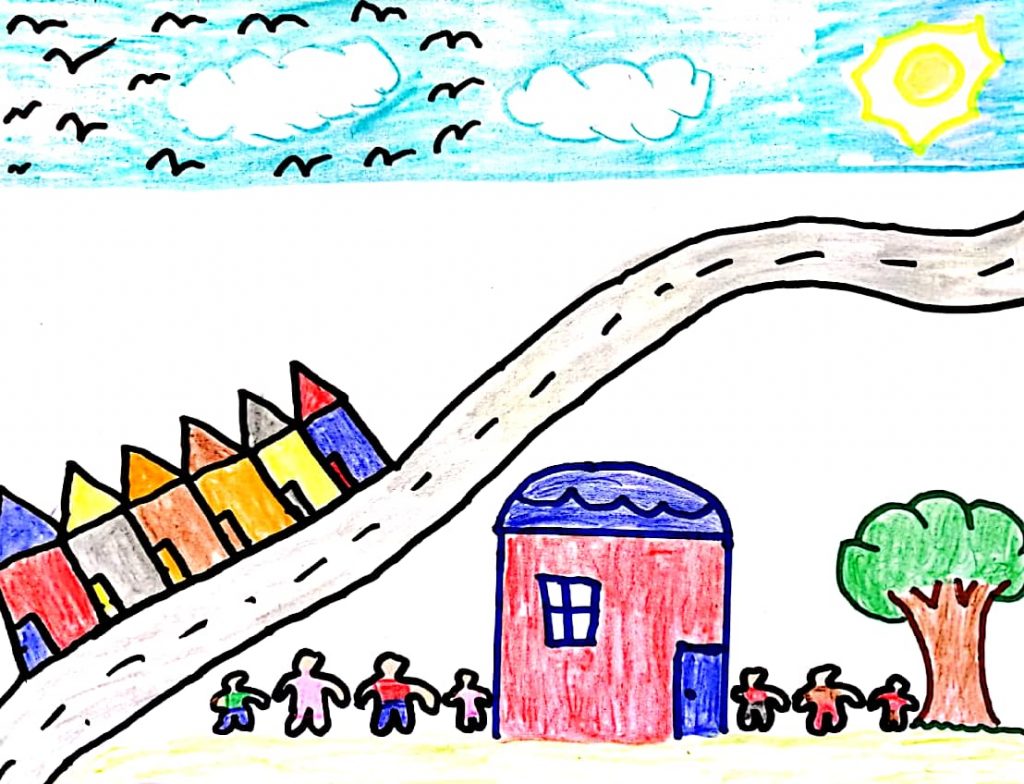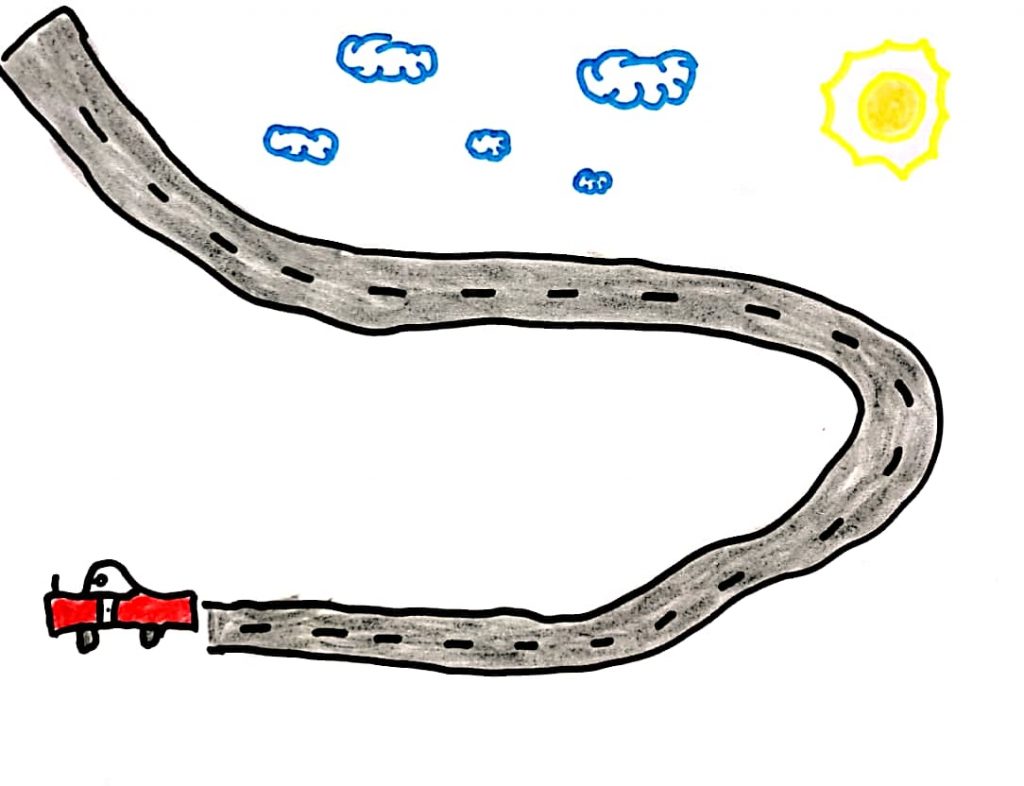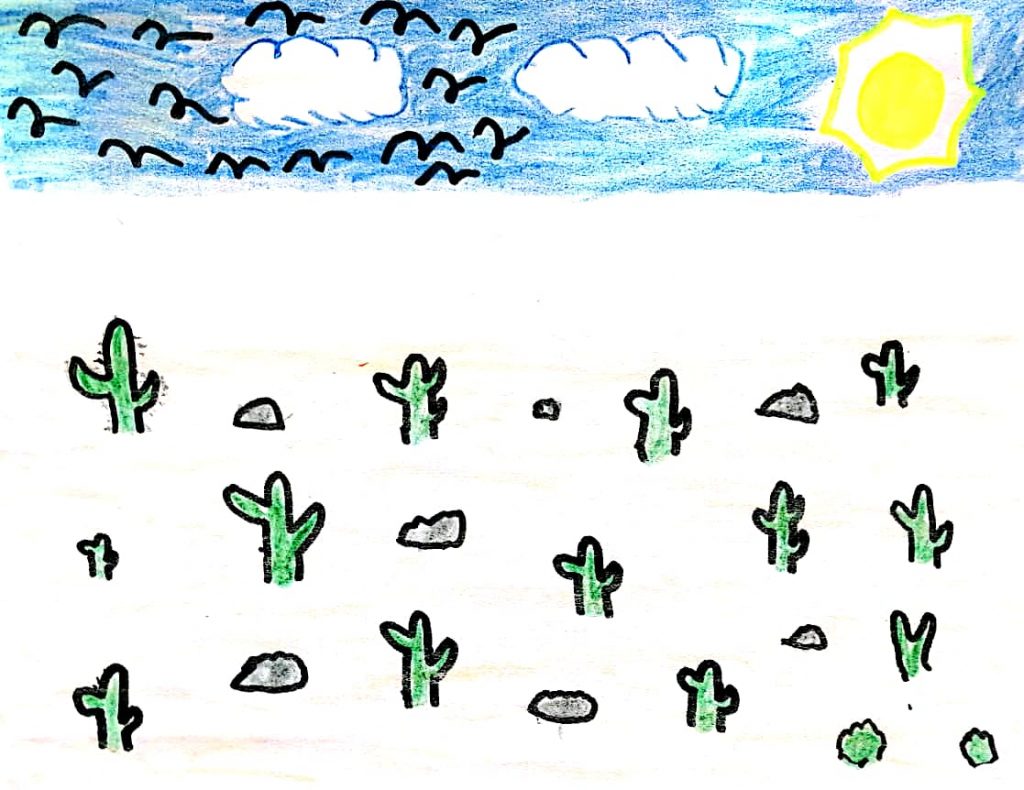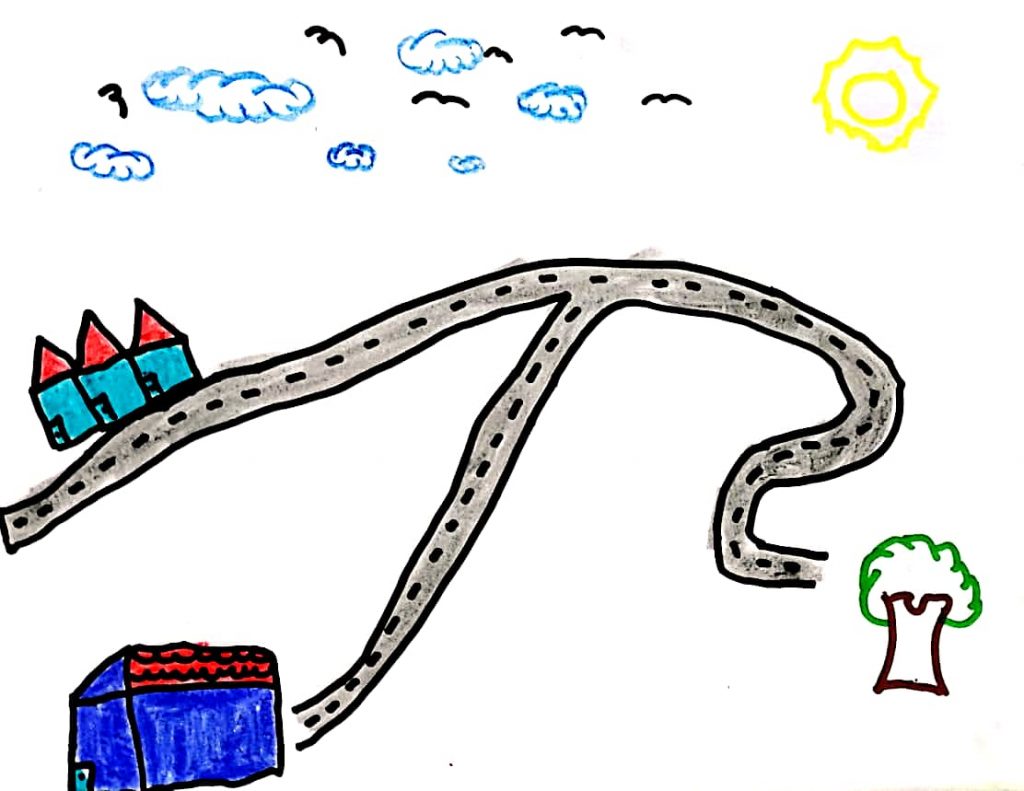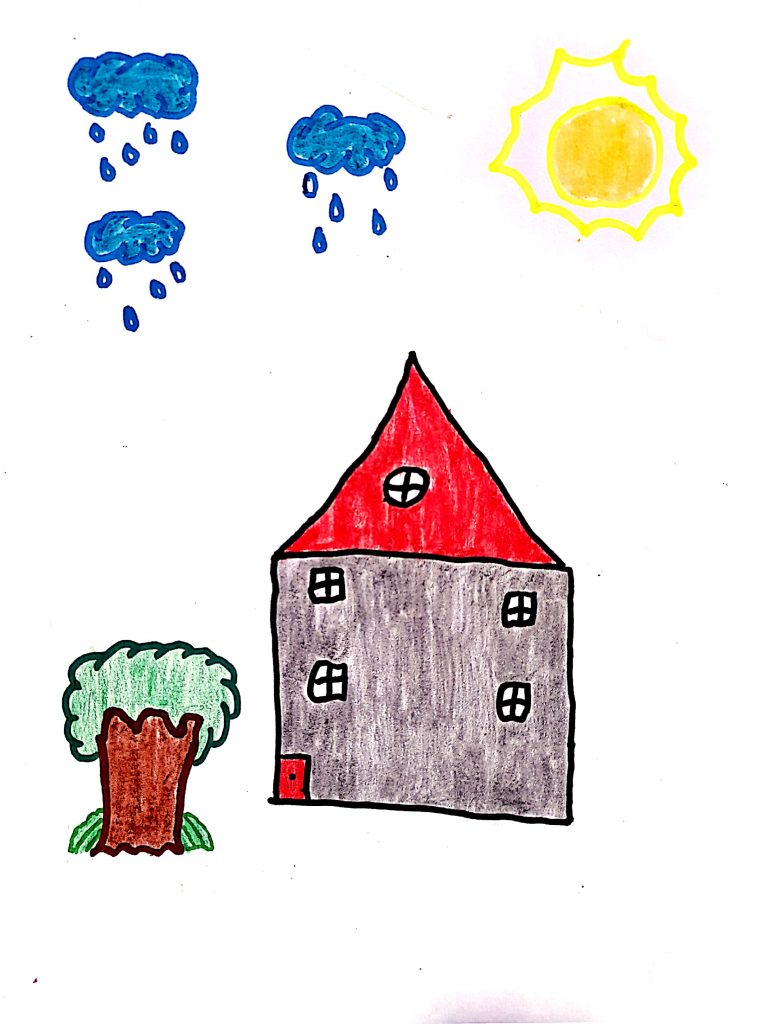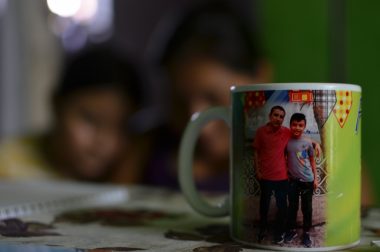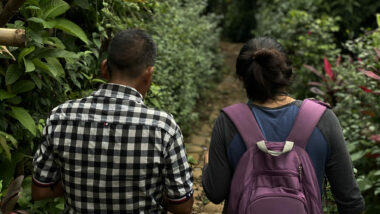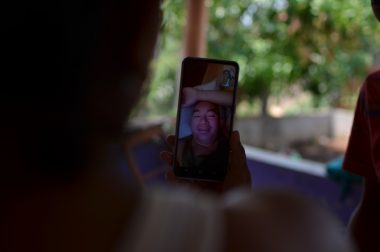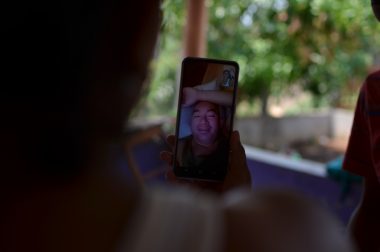Translation: Rich Brown
Photography: Melissa Miranda
In the hamlet of Cinco de Mayo, the days are shorter than they were two months ago, but not because of a change of season. A conflict between an electricity distributor and local communities left dozens of communities in Malacatán and elsewhere in the state of San Marcos without electricity. The day – and people’s comings and goings – now end with sunset, so for Rudly López, and for the other kids and adults of the community, there’s nothing to do after sunset but lie in bed and try to get to sleep.
Rudly lives with his aunts and uncles, his grandmother, and his great-grandfather, who’s almost 100 years old. But he dreams of leaving his hamlet and his house to live with his mom, his brothers, and his sister in Cancun.
Rudly’s mom went to Mexico five years ago to work. She started a new life, and a new family. That’s how Rudly’s youngest brother Emanuel was born. He’s three, and lives in Mexico with his mom. There’s also Christopher, 7, another brother who isn’t with Rudly. Christopher ended up with living with an aunt in San Juan, a community in another part of Malacatán. Like many families in the area, Rudly’s family was separated by the lack of opportunities that motivates people to migrate to southern Mexico to look for work and maintain their families.
“When she comes, we play and we do our schoolwork,” Rudly says about his mother’s monthly visits. He isn’t even 10, but, determined, he’s already outlined his life’s trajectory. When he grows up, he wants to be a soldier, like his grandfather. He also wants to leave Guatemala and settle in Mexico with his mom.
As he speaks, at his side is Helio Chun, an 11-year-old boy who lives in the same house with Rudly. Rudly laughs when he explains that this boy, barely two years older, is his uncle. Rudly and his little uncle entertain each other playing ballgames or having pretend gunfights in the field next to their house. “They’re not real guns,” Helio says. “They’re pellet guns.” Without phones, TV, or Internet due to the power outages, this is how they pass the days, taking imaginary shots where night arrives earlier than it should. Before, they went to sleep at 10, now it’s at 8.
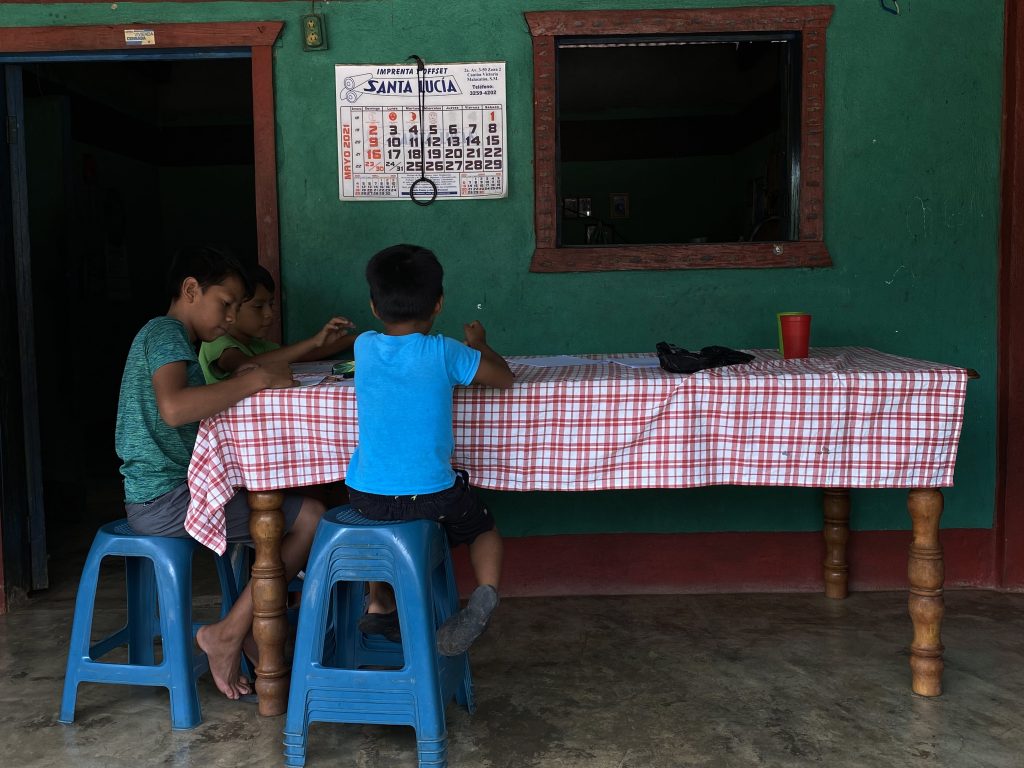
During the electricity crisis, the community has found ingenious ways to resolve certain issues. Some neighbors, for example, charge cellphone batteries with solar panels or vehicles. This is how Rudly and his grandmother can still, occasionally, when their budget allows, make video-calls to Cancun.
Rudly’s never been where his mom lives, but he has some ideas about what it’s like there. “There nobody’s outside, everyone’s only in houses or on the roads,” he says. Helio also believes that, compared to their hamlet, in Mexico kids don’t go outside with as much liberty because it’s more like a city than a peaceful town like Cinco de Mayo. That’s what they’ve heard adults say.
Three years ago, Rudly’s brother emigrated even farther than their mom had gone. He went to the US, a country that Rudly imagines as “prettier” than Mexico. The brothers don’t speak much, but occasionally the family receives remittances from Miami, Florida. It’s much more money than his brother could contribute by working in Guatemala as an agricultural laborer.
The kids like life in the hamlet, despite its economic limitations and even though it costs Q5 to charge a phone for a couple of hours. Rudly’s grandmother, Lilian, also says she likes the limited life of Malacatán.
“I had the chance to go [to the US] with my son-in-law, with a coyote, but I didn’t want to,” she remembers. She’s left the town only a handful of times. The first trip was to Guatemala City, where Lilian couldn’t find work because she was asked for documents that she didn’t have. In another phase of her life, like many other men and women from the area, she crossed the Guatemala-Mexico border to work in Tapachula. She lived and worked in Mexico, returning to Guatemala every month.
In Malacatán, migration is a form of survival because, Lilian says, the state of San Marcos has everything, but simply lacks money. Neither Rudly nor his 11-year-old uncle Helio think about looking for work in the fields, because of the example of Rudly’s brother. Rudly is in sixth grade and Helio in third. The two say they want to be soldiers, even though – they say, laughing – they could be killed by the narcos.


